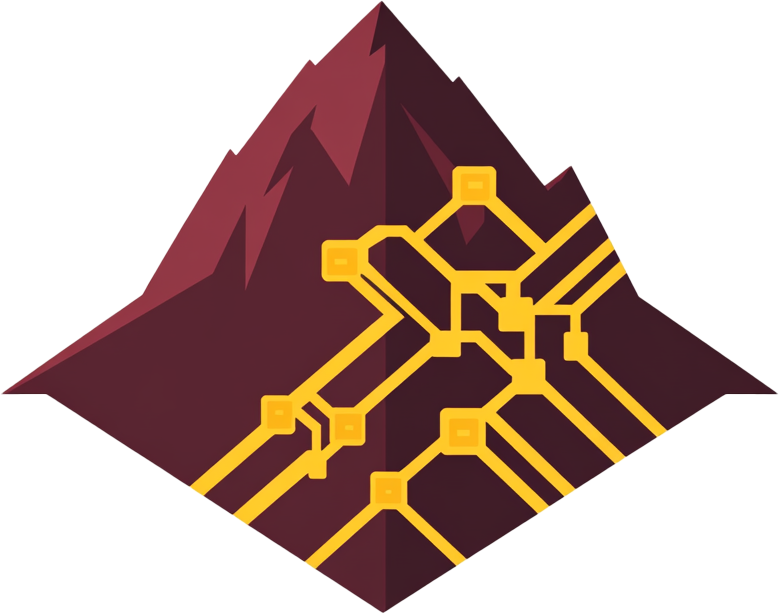In today’s fast-paced digital economy, enterprises are seeking smarter, faster ways to manage their most valuable resource: knowledge. Knowledge-Centered Service (KCS) has long provided a proven framework for capturing and reusing knowledge to enhance service delivery. Now, a new frontier is emerging. Agentic AI — intelligent systems capable of autonomous decision-making and action — is poised to dramatically amplify the impact of KCS. By automating routine tasks, personalizing knowledge delivery, and offering proactive insights, agentic AI promises to streamline operations, boost customer satisfaction, and transform how organizations learn and adapt.
Yet, as with any major shift, success hinges on trust, governance, and enterprise readiness. Agentic AI must be implemented with care to ensure that the answers it provides are not only fast and efficient but also accurate, compliant, and secure. That means bringing the full context of the enterprise ecosystem into play—leveraging internal systems, policies, and data governance models. AI must operate within strict boundaries that respect organizational controls, ensuring sensitive data is protected and that generated insights align with enterprise truth. When building generative AI into applications, the foundation must be built on verified enterprise context, with guardrails that uphold accuracy, privacy, and governance.
What is KCS?
KCS stands for “Knowledge-Centered Service.” It’s a methodology that treats knowledge as a core enterprise asset to improve service and support. Developed by the Consortium for Service Innovation, KCS focuses on capturing, structuring, and reusing knowledge to solve problems faster, enhance self-service, and boost customer satisfaction.
Insight: Every interaction is a learning opportunity. By refining and updating knowledge in real-time, KCS turns enterprise support from reactive to proactive.
How Agentic AI Impacts KCS
Agentic AI refers to AI systems that autonomously perform tasks and proactively act based on user input or environmental factors. Research shows that Agentic AI is poised to revolutionize KCS in the following ways:
- Automation: Routine tasks like capturing and organizing knowledge can be automated, freeing up valuable human resources.
- Personalization: Tailored knowledge delivery based on user profiles, history, and context, making it easier to find relevant information.
- Proactive Insights: AI can spot patterns, detect knowledge gaps, and suggest content updates, enhancing the “Improve” practice of KCS.
- Integration: Seamless embedding into enterprise ecosystems like CRM, ERP, and ticketing systems, ensuring knowledge is created and accessed where work happens.
Real-world tools like SearchUnify Knowbler are already demonstrating this value. Knowbler integrates directly with CRMs and ticketing systems to capture knowledge in real time, reduce case resolution time by up to 65%, and deliver context-aware suggestions that enhance reuse and content improvement — all aligned with KCS best practices.
Strategic Breakthrough: Blend human expertise with agentic AI to create a feedback loop that continuously improves and adapts your knowledge system.
Governance & Enterprise Controls
For agentic AI to succeed at scale, governance cannot be an afterthought. AI-driven knowledge systems must comply with enterprise standards for data security, privacy, and lifecycle management.
Key governance pillars include:
- Verified enterprise context: Ensuring generative AI references only approved, up-to-date content sources.
- Access control and auditability: Tracking who accesses or modifies knowledge assets.
- Policy-based filtering: Automatically excluding sensitive or restricted content from LLM prompts.
- Compliance alignment: Adhering to frameworks like NIST AI RMF, GDPR, HIPAA, or SOC 2, depending on the industry.
This ensures that as AI gets smarter, your organization stays safe, accurate, and in control.
Challenges to Watch For
While the potential is vast, implementing agentic AI into KCS practices isn’t without hurdles:
- Integration Complexity: Merging AI with existing enterprise systems often faces technical barriers.
- Skill Gaps: Teams may need new skills to manage AI-enhanced knowledge workflows.
- Platform Dependence: Robust ecosystems like VMware Tanzu will be critical for success, offering scalable integration, security, and governance for day-two AI operations.
Notably, 46% of AI proof-of-concept projects never make it to production, largely due to these challenges.
Tip: Ensure your KCS program is built with a flexible taxonomy and integrated into daily workflows—this makes AI enhancements more seamless and impactful.
Why It Matters for Enterprises
When executed well, agentic AI-enhanced KCS can drive major business benefits:
- 30–50% increase in first-contact resolution
- 70% faster time-to-proficiency for new analysts
- 20–35% improvement in employee retention
- 50–60% faster time to resolution
This means happier customers, reduced support costs, and a more agile organization that learns and evolves with every interaction.
Platforms like VMware Tanzu—with their Model Context Protocol (MCP) and Spring AI integration—are positioned to make these transformations easier, standardizing how AI models interact with enterprise data and applications.
Executive Takeaways
- Agentic AI enhances KCS by automating, personalizing, and scaling knowledge work.
- True value comes only when AI is grounded in enterprise context and governed by policy.
- Successful implementations will reduce TTR, increase CSAT, and future-proof enterprise support.
- Choose platforms (e.g., VMware Tanzu, Spring AI) that are built for secure, scalable AI orchestration.
The Road Ahead
As of April 2025, KCS remains the gold standard for knowledge-centered operations, and Agentic AI is shaping up to be its most powerful ally yet.
Organizations that prioritize strong KCS foundations and strategically integrate agentic AI will be best positioned to:
- Achieve true self-service for customers and employees
- Turn support centers into centers of insight
- Foster innovation by freeing teams from repetitive tasks
Core Insight: A resilient knowledge base doesn’t just store answers—it evolves alongside your business, fueled by both human expertise and intelligent automation.
Sources and References:

